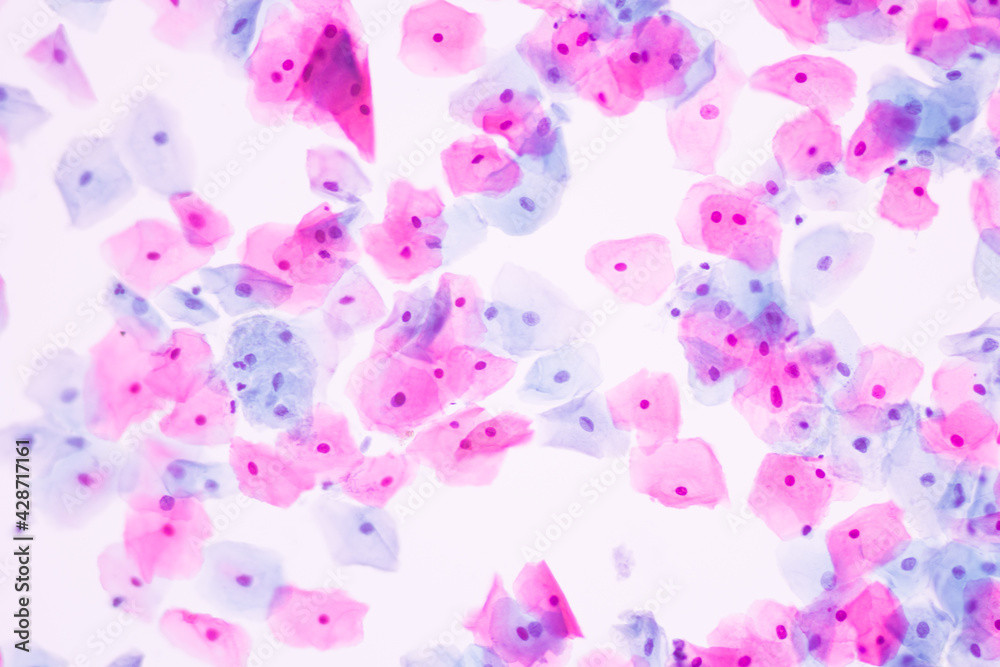- Lecturer: Dr Aletta Hautemo
- Lecturer: Johnson Mutirua
- Lecturer: Beatrice Mutonga
NUST eLearning
Search results: 1366
Agricultural Economics
Agricultural economics combines the technical aspects of agriculture with the business aspects of management, marketing and finance. Students are prepared for a wide variety of exciting careers in the marketing of commodities sold and inputs purchased by agricultural producers; agricultural finance; and management of agribusinesses, farms and ranches. In addition, many graduates pursue successful careers in government service, economic development, commodity promotion and agricultural policy analysis.
- Lecturer: Andreas Erastus
Please enter course description here...
- Lecturer: Lucia Kafidi
This course aims to support students in the field of agriculture to acquire the relevant basic technical and practical skills that will enable them to perform mechanical duties and tasks.
- Lecturer: Helmuth Tjikurunda
- Lecturer: Paulina Naupu
The course is broken down into two interrelated topics: algebra and trigonometry.
Algebra is a mathematical “language” that generalizes arithmetic by using letters to represent numbers and state arithmetic rules and conclusions so that they will be valid for many or all numbers.
Trigonometry is the branch of mathematics that studies relationships involving lengths and angles.
- Lecturer: Gabriel Mbokoma
Please enter the course description here.
- Lecturer: Samuel Dipura
- Lecturer: Rut Magano Shiwambi
Analytical Chemistry involves separating, identifying, and determining the relative amounts of the components in a sample of matter. Qualitative analysis reveals the chemical identity of the species in the sample. Quantitative analysis establishes the relative amount of one or more of these species, or analytes in numerical terms. Qualitative information is required before a quantitative analysis can be undertaken.
- Lecturer: Dr Mpingana Akawa

This course aims to equip the student with the required knowledge of the gross anatomy and physiology of the normal human body and how they are functionally related.
- Lecturer: Joshua Hidinwa
|
|
The course is an introduction to animal (mammalian) structure and function. It focuses on how the form and function of animals enables them to meet their need to survive and reproduce. To do this, animals acquire, process and use energy to cope with challenges in the internal and external environments through a wide variety of physiological, morphological, reproductive and behavioural adaptations Outcomes On completion of this course, students should be able to:
|
- Lecturer: Absalom Shitalangaho
|
|
The course is an introduction to animal (mammalian) structure and function. It focuses on how the form and function of animals enables them to meet their need to survive and reproduce. To do this, animals acquire, process and use energy to cope with challenges in the internal and external environments through a wide variety of physiological, morphological, reproductive and behavioural adaptations Outcomes On completion of this course, students should be able to:
|
- Lecturer: Absalom Shitalangaho
This course is a broad introduction to this interdisciplinary field based on processes and colloidal phenomena at interfaces, viz. gas-liquid, gas-solid, liquid-liquid, liquid-solid and solid-solid. Taking a genuinely applied approach, with applications drawn from a wide range of industries, we will attempt to meet your demands of working in the field. The course will, therefore introduces you to a wide range of real industrial examples. These examples range from water treatment through to soil management as well as examples taken from the coatings, detergency, ore flotation and photographic industries. To understand the course better, some of the more demanding mathematical derivations will be treated in a more subtle manner. With carefully structured units, starting with an introduction, and practice questions, this course is invaluable for undergraduates like you taking a first course on colloid and surface chemistry.
- Lecturer: Prof Habauka Kwaambwa


This course covers the basics of modern cryptography as used to secure e-commerce transactions and code distributed over the Internet. The course covers cryptographic primitives used for encryption and authentication; it also explains how these primitives are used to improve the security of applications. Emphasis is placed on what problems cryptography can solve. The overall aim of this course is to explore the various encryption and decryption techniques that can be applied to secure various e-commerce applications. The emphasis is on gaining an understanding of the concepts, the practical usability, and the vulnerabilities of different methods in cryptology.
- Lecturer: Prof Mercy Chitauro
- Lecturer: Dr Arpit Jain
This course is about the fundamentals of pastry, bakery and desserts preparation in a commercial environment. It will expose you to important aspects that you need to know to successfully run a catering outlet in a hospitality establishment.
- Lecturer: Ralf Herrgott

- Lecturer: Ralf Herrgott
